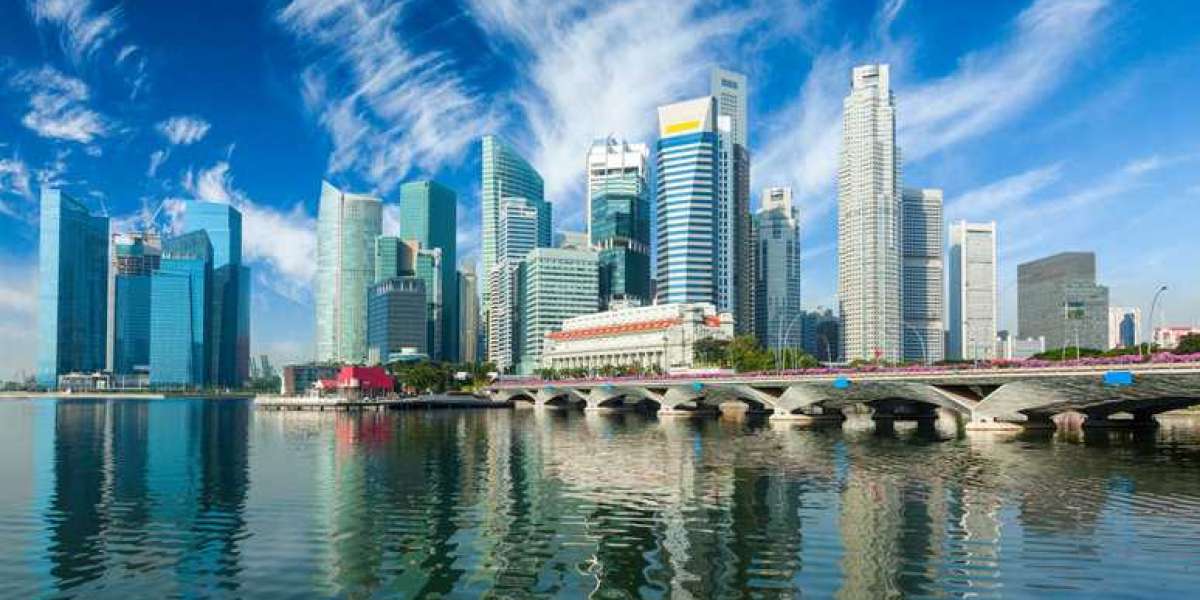Singapore’s property market has always been a hot topic for both local and foreign investors. With its limited land supply, strong economy, and excellent infrastructure, real estate here is often seen as a reliable investment. But what lies ahead? Let’s look at what the next five years could bring for Singapore’s property market and how you can prepare.
A Resilient Market Despite Global Uncertainty
Over the past decade, Singapore’s property market has proven remarkably resilient. Even during global economic downturns, property prices here tend to hold steady or recover quickly. This trend is likely to continue as Singapore maintains its position as a global financial hub and safe haven for investors.
In the next five years, while external factors like geopolitical tensions and global interest rate changes may create short-term fluctuations, the long-term outlook remains positive.
Price Growth to Moderate but Stay Positive
Between 2025 and 2030, experts predict moderate but steady price growth across Singapore’s property market. Here’s why:
Limited Land Supply: With Singapore’s small size and strict urban planning, new land releases are scarce.
Population Growth: Continued population growth, including an influx of expatriates, will sustain demand for housing.
Infrastructure Projects: New MRT lines, business hubs, and lifestyle developments will drive interest in emerging areas.
While we may not see the sharp price spikes of the past, annual growth of around 3% to 5% is a realistic estimate for most segments.
Rental Demand Will Remain Strong
Rental demand in Singapore is expected to stay robust over the next five years. This is driven by several factors:
Returning Expatriates: As global economies recover, more expatriates are likely to relocate to Singapore.
Limited Public Housing Access: Foreigners and new PRs who cannot buy HDB flats will continue to rely on rental housing.
Work-from-Anywhere Trends: Professionals seeking flexible living arrangements are likely to boost demand for quality rental properties.
Investors focusing on areas near the Central Business District (CBD), Orchard, and popular expat enclaves can expect healthy rental yields.
Emerging Hotspots to Watch
While traditional prime districts will remain popular, new areas are emerging as attractive investment locations:
Tengah: Singapore’s first smart and sustainable town with modern housing and eco-friendly features.
Jurong Lake District: Set to become Singapore’s second CBD, bringing new jobs and boosting housing demand.
Greater Southern Waterfront: A massive redevelopment plan that will transform old industrial areas into vibrant waterfront communities.
Investing in these areas early could result in significant capital appreciation over time.
Government Policies Will Continue to Shape the Market
Singapore’s property market is heavily influenced by government policies. Over the next five years, expect continued efforts to keep housing affordable for locals.
Key policies to watch include:
Cooling Measures: Additional Buyer’s Stamp Duty (ABSD) and Loan-to-Value (LTV) limits are likely to remain in place to prevent speculation.
Sustainability Regulations: Developers may face new requirements for green buildings, which could influence property designs and pricing.
For investors, understanding these policies is crucial to avoid unexpected costs and to plan their investments effectively.
Luxury Segment Still Attractive to High-Net-Worth Investors
The luxury property segment in Singapore continues to attract foreign high-net-worth individuals. Even with high ABSD rates for foreigners, properties in areas like Marina Bay, Orchard Road, and Sentosa Cove remain in demand.
Why? Singapore’s status as a safe haven and its stable currency make it appealing for wealth preservation. Expect steady demand in this segment, especially for properties offering unique features or iconic locations.
Sustainability and Smart Homes as Future Drivers
The next five years will also see a shift in buyer preferences. Modern homebuyers and tenants are increasingly looking for:
Eco-Friendly Features: Green buildings, energy-efficient designs, and sustainable materials.
Smart Home Technology: Integrated systems for lighting, security, and climate control.
Developers who cater to these trends are likely to see stronger demand and better resale values.
Tips for Buyers and Investors Planning Ahead
Research Emerging Areas: Consider new growth zones where infrastructure projects are planned.
Plan for Higher Upfront Costs: Factor in ABSD, legal fees, and potential interest rate changes.
Think Long Term: Focus on properties with strong fundamentals for capital appreciation over five to ten years.
Work with Trusted Professionals: Engage experienced property agents, lawyers, and financial advisors.
The Bottom Line
The Singapore property market is set to remain a solid investment option over the next five years. While growth may be steadier than in the past, factors like limited land, strong rental demand, and ongoing development projects make it an appealing choice for both local and foreign investors.
If you’re planning to invest, start by identifying areas aligned with your goals—whether for rental income, long-term growth, or personal use. The right strategy today could deliver impressive returns by 2030.
Important Links
Why Singapore Remains a Safe Haven for Real Estate Investment in Southeast Asia
The Ultimate Guide to Buying a Condo in Singapore as a Foreign Investor
HDB vs Private Property in Singapore: Which Should You Buy in 2025
Real Estate in Singapore: A Guide to Property Investment in 2025
New Launch Condos in Singapore: What to Know Before You Book a Unit
Thomson View En Bloc Condo Showflat
Thomson View En Bloc Condo Showflat


